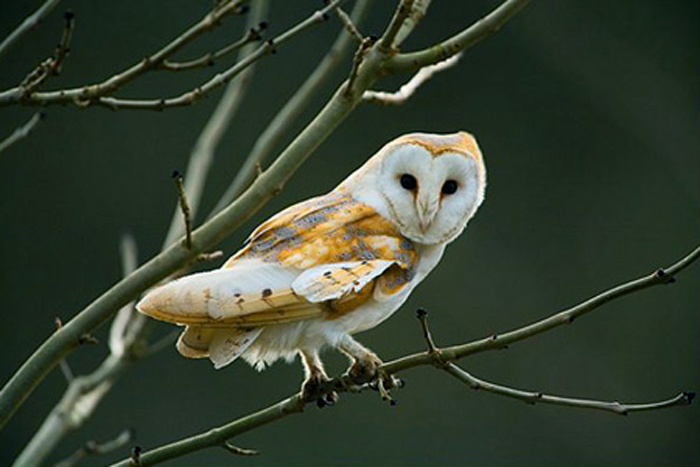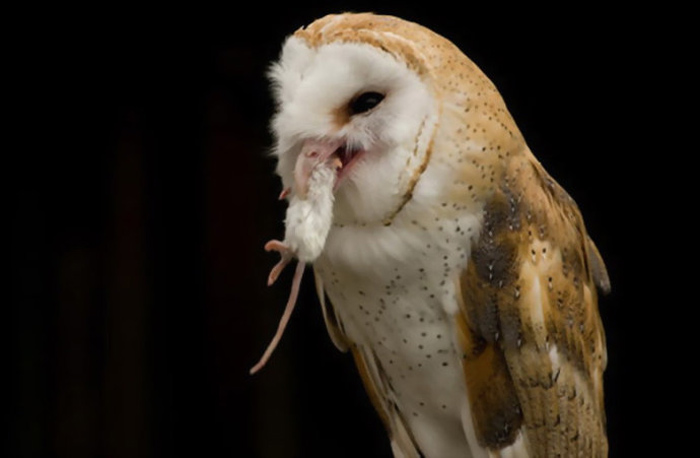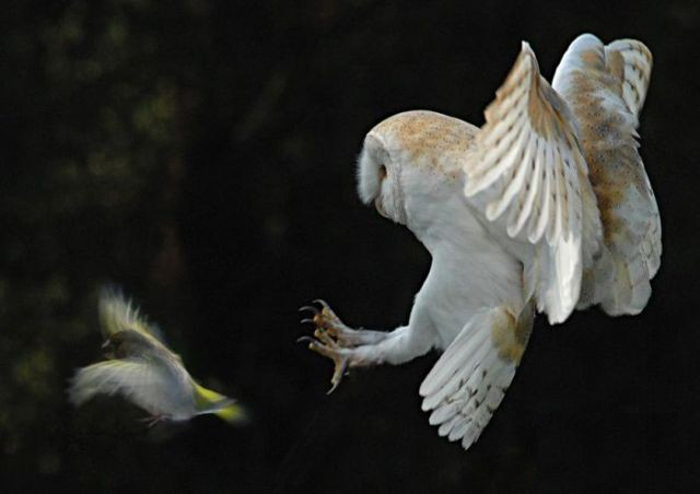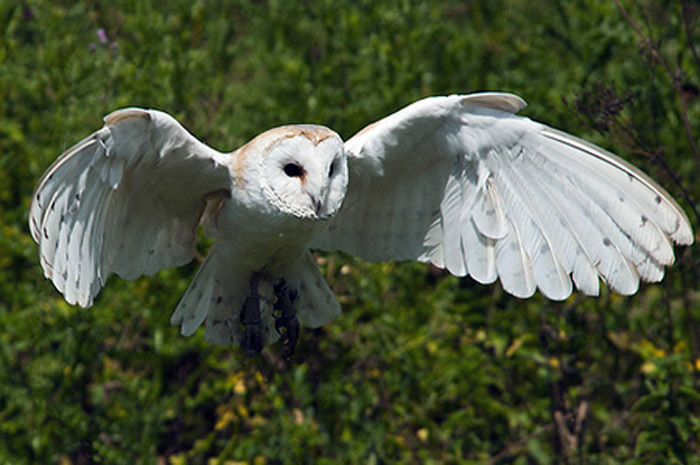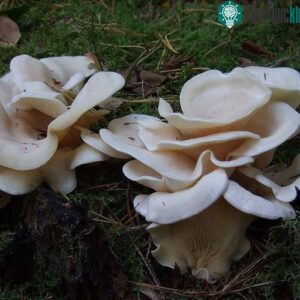The mysterious world of the turkey vulture, commonly known as the “death bird,” has long captured the imagination of people across cultures. With its sleek black feathers and ominous appearance, the turkey vulture is often associated with foreboding and death.
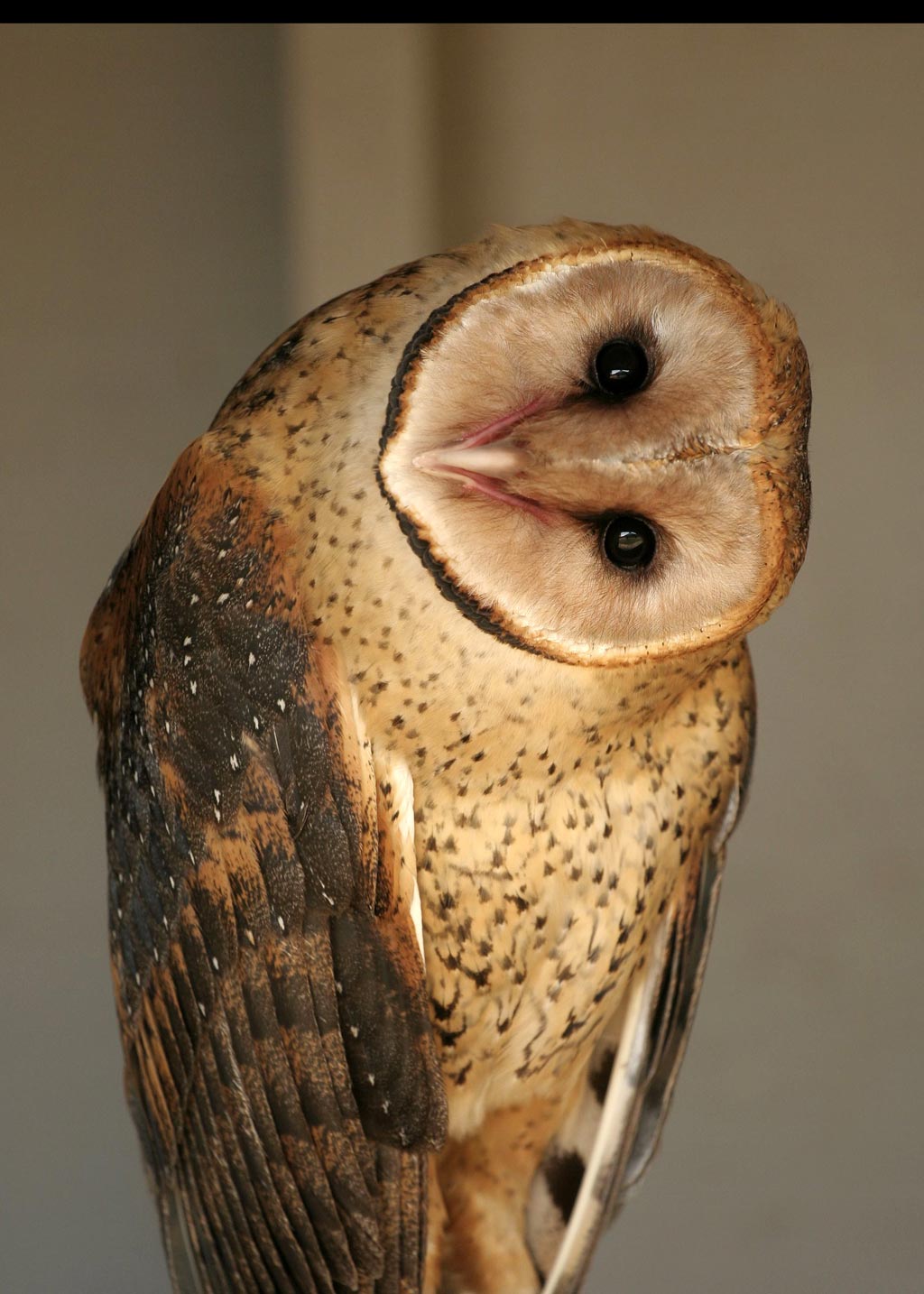
Legend has it that the presence of these vultures is an omen of impending doom. In various ancient cultures, they were believed to possess an uncanny ability to predict death, acting as harbingers of tragedy. The folklore surrounding these birds suggests that they have an innate connection to the mysteries of life and mortality.
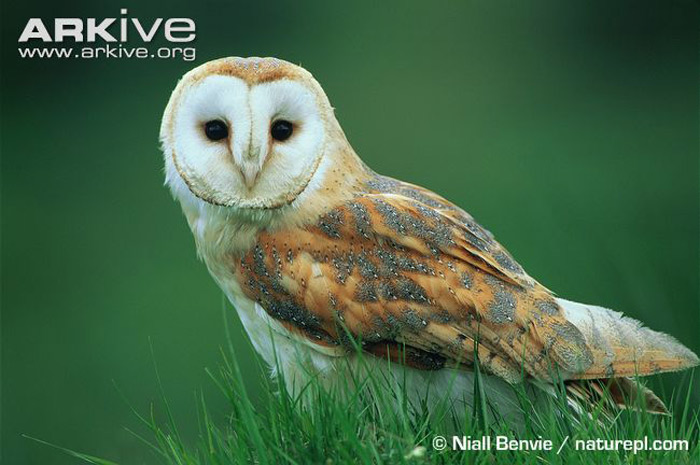
While science has shed light on many natural phenomena, the enigma surrounding the turkey vulture persists. Some speculate that these birds possess an extraordinary sensitivity to changes in their environment or atmospheric conditions, allowing them to anticipate events that may lead to death. Others attribute their perceived ominous nature to cultural beliefs and superstitions.
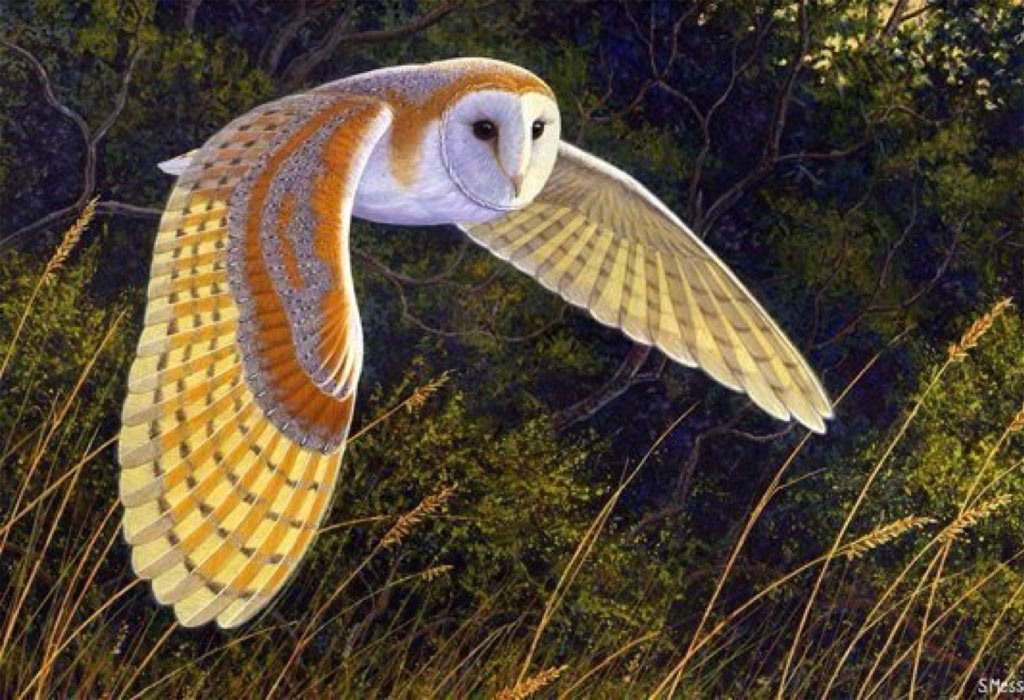
Regardless of the scientific explanations, the turkey vulture’s mystique endures. Whether considered a natural marvel or a spiritual symbol, these birds continue to fascinate and contribute to the rich tapestry of cultural beliefs surrounding the enigmatic intersection of life and death.
